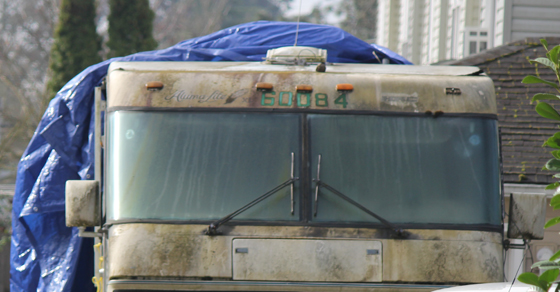What if God, who comforts my anxiety, is also the cause of it? I don’t want to feel broadsided by him again…
As I sat down to write about anxiety, almost immediately I began to experience it. I couldn’t think how to approach the subject, so I started worrying. My struggle led to mental paralysis, which led to more anxiety. The harder I struggled, the darker things looked. I froze (“Come on, brain!”). I spiraled (“This blog is going down the crapper”). I globalized (“The universe sucks!”).
Finally I saw the irony – I was anxious about writing on anxiety! – and I had to laugh.
Good thing I hadn’t planned to write on serial killing.
 The problem of anxiety reminds me of a story in Mark 4. Jesus, sleeping soundly in a boat almost overwhelmed by high waves (Mark 4:37-38a) is accused of indifference by his terrified disciples: “Teacher, don’t you care if we drown?” (v. 38b). But Jesus simply quiets the storm and asks: “Why are you so afraid? Do you still have no faith?” (v. 39-40)
The problem of anxiety reminds me of a story in Mark 4. Jesus, sleeping soundly in a boat almost overwhelmed by high waves (Mark 4:37-38a) is accused of indifference by his terrified disciples: “Teacher, don’t you care if we drown?” (v. 38b). But Jesus simply quiets the storm and asks: “Why are you so afraid? Do you still have no faith?” (v. 39-40)
Traditionally, the point usually taken from this story is that the disciples shouldn’t have worried because Jesus was right there in the boat with them, and was (presumably) on their side. As Paul writes later in Romans 8:31: “If God is for us, then who can be against us?”
However, I’m an anxious cynic. If I’d been there, I’d be thinking: Yeah, Jesus, but you walk on water – even if the boat sinks, you can just saunter safely to shore!
So apparently I can trust him for salvation, but not for daily care and protection.
How nuts is that?
Well, maybe it’s not as nuts as it sounds – because despite Paul’s reassurance, I know from experience that even though God is for us, sometimes he still allows us to go through very hard things.
For example, the stunted twelve-year-old boy inside me wants to know, Why did God let my parents divorce? Later, the wounded teenager inside demands, Why did God let me suffer from so much rage on the inside, and rejection on the outside? The young adult in me asks, Why did God let me stumble from one low-paying job to another, unable to establish a career? Finally, the academic washout in me asks, Why did God lead me into a doctoral program and then let it blow up in my face?
That last sucker-punch was the worst of all. As soon as the shock wore off, anxiety was the first emotion I felt. I started worrying like crazy about how I could ever have a future again. And that question has yet to be fully answered.
That’s when it really hit me: What if God, my comforter in anxiety, is also the cause of it? What if I’m anxious because part of me still feels he hasn’t always “come through” (whatever that means) in the past, and fears he won’t always in the future?
 The truth is, I don’t want to be broadsided again. I don’t want to be let down anymore. And sometimes, putting our trust in God does feel risky like that.
The truth is, I don’t want to be broadsided again. I don’t want to be let down anymore. And sometimes, putting our trust in God does feel risky like that.
So what about those times when we actually don’t trust God? Does our distrust contradict the truth of the freedom and grace we have in Christ?
Well, maybe not. Because on a deeper level, the only way to reflect his freedom and grace is through our weaknesses. In fact, the longer I think about it, the more I do believe the traditional point of the story in Mark 4: If Jesus is right here with me, sleeping peacefully through the storm, then maybe even I, weak and anxious as I am, can learn from him how to have peace too.
[Continued in Asleep in the Boat, Part 2: The Reverse ABCs of Anxiety
You can read more about wrestling with God and his grace in my book, Losers Like Us – Redefining Discipleship After Epic Failure. For details, see my book page.
Leave a Comment




 Another neighbor has started up an auto repair shop in his home garage. And business must be really good because both sides of the street are packed with broken-down vehicles in need of a mechanic. Since my street has no sidewalk, all of the parked cars leave no place to walk except in the street itself.
Another neighbor has started up an auto repair shop in his home garage. And business must be really good because both sides of the street are packed with broken-down vehicles in need of a mechanic. Since my street has no sidewalk, all of the parked cars leave no place to walk except in the street itself.


 Contrary to the popular saying, time does not heal all wounds. Instead, it brings perspective.
Contrary to the popular saying, time does not heal all wounds. Instead, it brings perspective.









